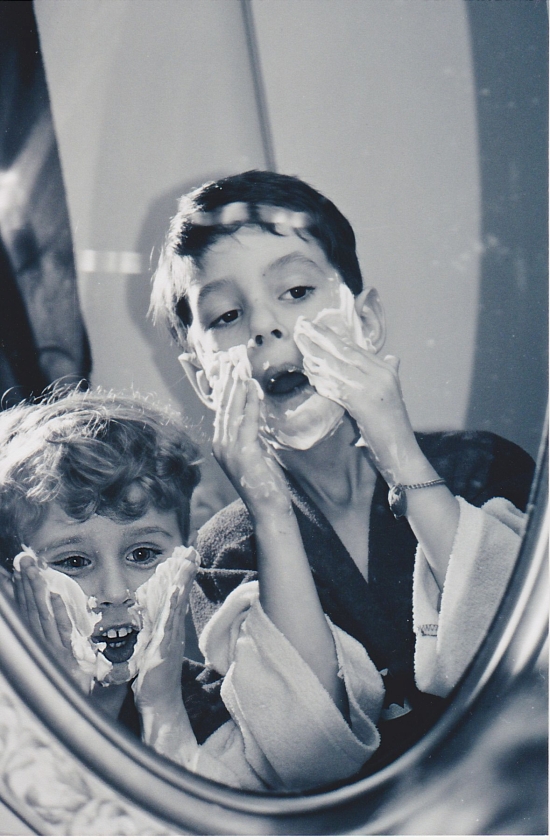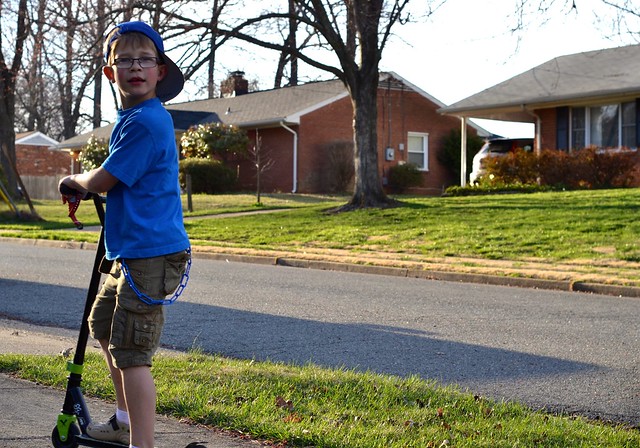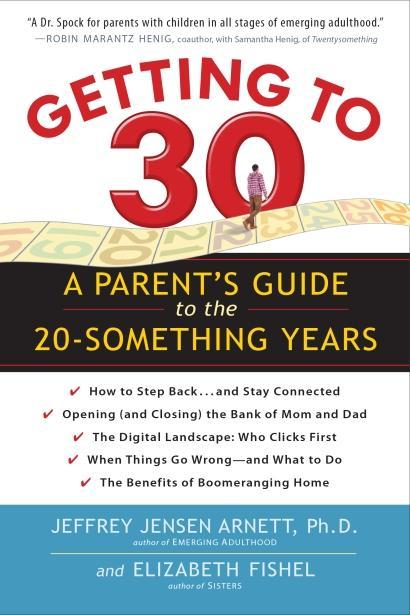 Time Magazine recently featured an article about Millennials examining how they parent. The transition of Millennials as lazy, narcissistic children into parents is happening quickly (The words lazy and narcissistic came from a previous Time article). According to Time, “Millennial parents number more than 22 million in the U.S., with about 9,000 babies born to them each day. This growing cohort of parents is digitally native, ethnically diverse, late-marrying, and less bound by traditional gender roles than any generation before it.” (Source)
Time Magazine recently featured an article about Millennials examining how they parent. The transition of Millennials as lazy, narcissistic children into parents is happening quickly (The words lazy and narcissistic came from a previous Time article). According to Time, “Millennial parents number more than 22 million in the U.S., with about 9,000 babies born to them each day. This growing cohort of parents is digitally native, ethnically diverse, late-marrying, and less bound by traditional gender roles than any generation before it.” (Source)
According to Time, “Millennial parents are attempting to run their families as mini-democracies, seeking consensus from spouses, kids and extended friend circles on even the smallest decisions. They seek wisdom from those closest to them, rather than the highly-marketed “parenting experts.” They’re backing away from the overscheduled days of their youth, preferring a more responsive, less directorial approach to activities.”
Here is the full article.
As Millennials become parents, churches will need to respond to connect to this new generations.
Connectivity with their children.

© 2012 Stephan Hochhaus, Flickr | CC-BY | via Wylio
Through the use of technology, Millennials are used to being in constant contact with their children. Most childcare centers use the latest technology to keep Millennials informed and connected with their children. They don’t want a paper describing the lesson when they can have a picture of their child showing it. Millennials are now the main clientele of the nursery, and their values should affect how we serve them. The days of publicly humiliating them by removing them from the service, or flashing their child’s number on the screen should be over. In order to provide Millennials with the security they desire use an app or a simple text message.
Gender Roles as Parents
Today’s millennials do not hold traditional gender roles. While, the percentage of stay-at-home mothers is increasing (with the recovery of the economy, almost 29 percent of women stay at home with their children), marital roles are more fluid. Train your staff and volunteers to avoid assumptions and comments based upon traditional gender roles so as to not offend visitors or regular attenders. [Load graph of Stay at home mothers from Pew Research.] Avoid sermon illustrations and media pics that present one perspective of family life.
Use, but don’t abuse Social Media

© 2012 Jason Howie, Flickr | CC-BY | via Wylio
“Eight-four percent of Millennials are social media users, with 66% of Gen X on social networks and 44% of Baby Boomers. According to the study, more than half of the U.S. users on Twitter are Millennials.” (Source) We should not abuse these platforms to push our own programs, but use these connections to become involved in the lives of people. The appeal of social media is snap shot of people’s lives, and not desperate pleas to come to your events. Mind your manners on social media, or you eventually will either be ignored or deleted. As a church, use social media in order to understand their daily lives and know their values.
While it is truly impossible to describe how Millennials as a generation will parent, research reveals that they hold different values, beliefs, and perspectives. According to the Time article, Millennials want their children to be, “Open-minded. empathetic. questioning.” These differences will change their expectations for church ministries and staff members.
Church leaders should begin to ask how these values will express themselves as their children enter other ministries of the church. Our nursery workers will be the first to experience Millennials as parents, and they will lead us into this change.
Leave a comment about how Millennials having children will change the church.
Dr. G. David Boyd is the Managing Director of EA Resources, a non-profit designed to equip churches and parents to minister to emerging adults.









 I came across an article that provides an alternative to the dreaded “Helicopter Parenting.” (
I came across an article that provides an alternative to the dreaded “Helicopter Parenting.” (

 Getting to 30 by Jeffrey Arnett and Elizabeth Fishel is an excellent read on a parent’s changing roles during the emerging adult years. The book does a great job of balancing research, stories, and practical suggestions for parents of emerging adults.
Getting to 30 by Jeffrey Arnett and Elizabeth Fishel is an excellent read on a parent’s changing roles during the emerging adult years. The book does a great job of balancing research, stories, and practical suggestions for parents of emerging adults.





![sessums-mother-daughter-679867-h[1]](http://www.earesources.org/wp-content/uploads/2013/12/sessums-mother-daughter-679867-h1-300x271.jpg)